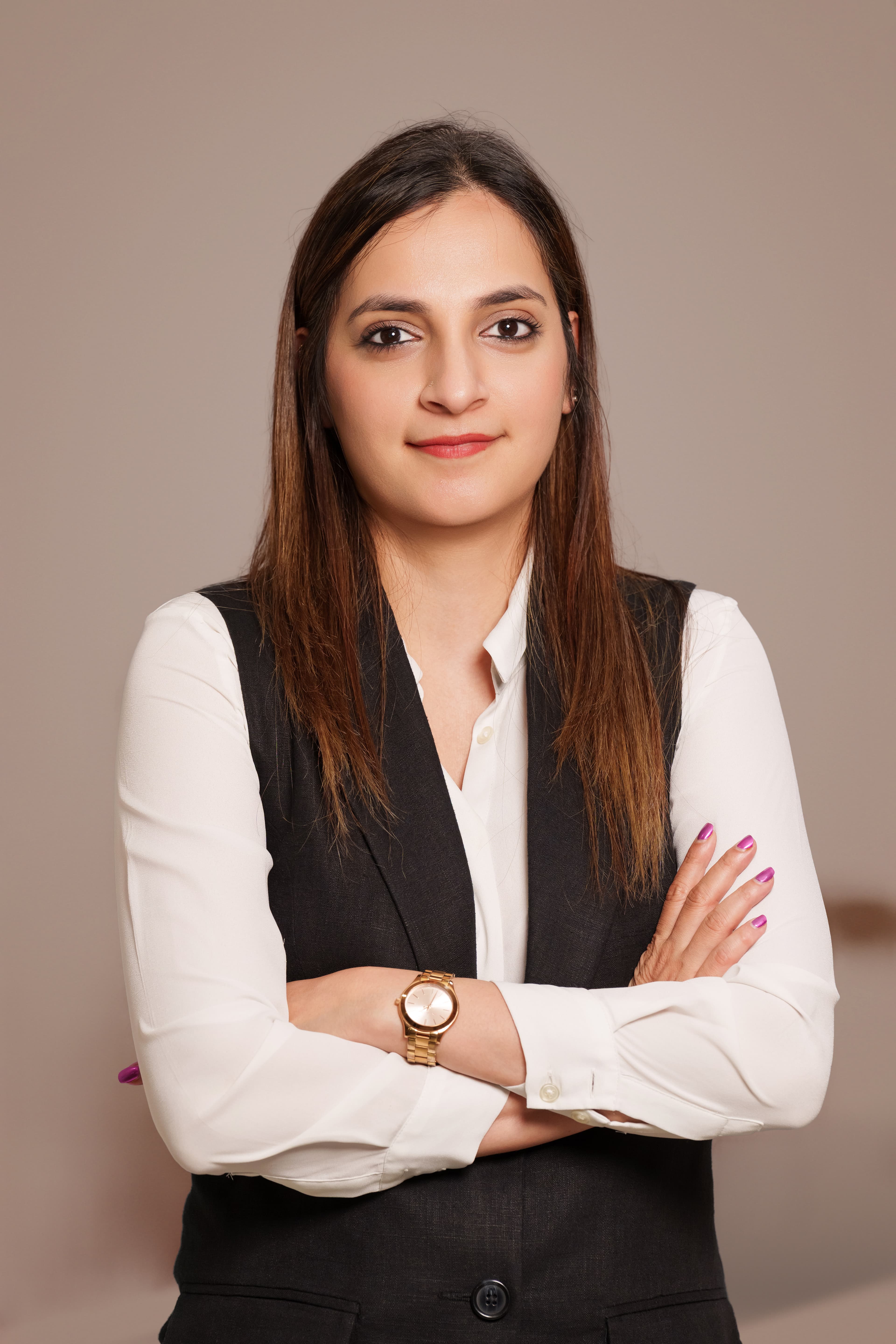Psychology
Selective Mutism in Children
Helping children find their voice.
Selective Mutism is an anxiety disorder in which a child consistently fails to speak in certain social settings, such as school or public places, despite being able to speak comfortably in other environments. At Mueller Medical Clinic, our psychologists specialize in providing compassionate, evidence-based therapies to help children overcome selective mutism, improve communication skills, and build confidence.

Overview
Selective Mutism often occurs in children who are extremely shy or socially anxious. It can significantly impact their ability to engage with peers, participate in school activities, and develop essential communication skills. Early intervention is crucial to prevent long-term emotional and social difficulties.
Symptoms
Common signs and symptoms of Selective Mutism include:
- Consistent inability to speak in specific social settings (e.g., school, public places).
- Comfortable speaking at home or in familiar environments.
- Avoidance of eye contact and difficulty expressing emotions in social settings.
- Reliance on gestures or nonverbal communication to interact.
- Extreme shyness or fear of being judged by others.
- Social isolation or withdrawal.
Causes
Selective Mutism may be caused by a combination of factors, including:
- Underlying anxiety disorders, such as social anxiety.
- Genetic predisposition or family history of anxiety.
- Speech or language difficulties that heighten anxiety.
- Traumatic experiences or negative social interactions.
- Overprotective parenting or limited exposure to social situations.
Treatment Approaches
At Mueller Medical Clinic, we use a variety of evidence-based therapies to help children overcome Selective Mutism. Treatment options include:
- Cognitive Behavioral Therapy (CBT): Helping children challenge anxious thoughts and develop confidence in social settings.
- Behavioral Therapy: Gradual exposure to speaking in social environments to reduce fear and anxiety.
- Play Therapy: Using play as a medium to encourage communication in a non-threatening way.
- Social Skills Training: Building confidence in interacting with peers and adults.
- Parental Coaching: Equipping parents with tools to support their child’s progress at home and in social situations.
Signs Your Child May Need Support
If your child exhibits signs of Selective Mutism, seeking professional support early can make a significant difference. Consider consulting a psychologist if your child:
- Refuses to speak in certain social settings despite speaking comfortably at home.
- Shows signs of anxiety or distress in social situations.
- Avoids interacting with peers or participating in group activities.
- Relies heavily on gestures or facial expressions for communication.
- Experiences academic or social difficulties due to their inability to communicate verbally.
How We Support Families
Parental involvement is critical in helping children overcome Selective Mutism. At Mueller Medical Clinic, we work closely with families to:
- Provide education about Selective Mutism and its impact on children.
- Teach strategies to encourage verbal communication in a supportive way.
- Help parents create a calm and consistent environment at home.
- Guide families in collaborating with teachers and schools to support the child’s progress.
Schedule Appointment
We are here to make managing your healthcare easier. Please complete the form below to receive a callback to schedule your appointment.
Address & Contact Details
- Mueller Medical Clinic
- Address Al Razi Medical Complex 64
- Block E Ground Floor Unit 7-2R
- Dubai Healthcare City, Dubai UAE
- Tel-1 : +971 445 68 585
- Tel-2 : +971 4433 8916
- Mobile-1 (Reception) :+971 56 6964479
- Mobile-2 (English) : +971 508 864 285
- Mobile-3 (Russian) : +971 508 506 556
- Email: info@muellermedicalclinic.ae
Opening Hours
- Saturday:10:00 AM - 08:00 PM
- Sunday:10:00 AM - 08:00 PM
- Monday:10:00 AM - 08:00 PM
- Tuesday:10:00 AM - 08:00 PM
- Wednesday:10:00 AM - 08:00 PM
- Thursday:10:00 AM - 08:00 PM
- Friday:10:00 AM - 08:00 PM
- Public Holidays:Closed